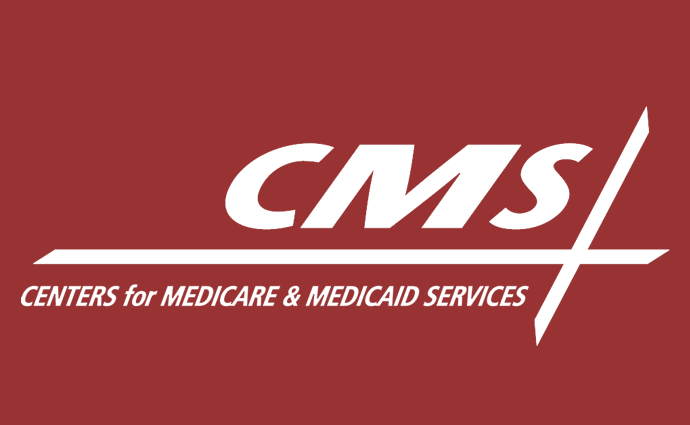CMS Proposed Rule Addresses Drug Cost Transparency in Medicaid
In addition to increasing drug cost transparency in Medicaid, the proposed rule would improve transparency around the costs of administering drug benefits in managed care plans.

Source: CMS Logo
- The Centers for Medicare and Medicaid Services (CMS) has issued a proposed rule that aims to increase the transparency of prescription drug costs in Medicaid.
“This proposed rule prioritizes CMS’ role as a good steward of Medicaid dollars while also strengthening program integrity and the management of pharmacy benefits for people with Medicaid coverage,” CMS Administrator Chiquita Brooks-LaSure said in the press release. “We’re committed to preserving access to life-saving treatments and securing fiscal sustainability for the Medicaid program, which remains a lifeline for millions of people.”
The rule would give CMS more insight into how much the most expensive drugs on the market cost to manufacture and distribute. CMS and states would have access to a drug price verification survey, resulting in greater transparency into manufacturers’ drug prices.
The survey would verify drug prices to boost transparency around why certain prices are expensive for Medicaid, helping states better negotiate what Medicaid pays for high-cost drugs. State Medicaid agencies can use this information to improve their pharmacy programs and help facilitate access to drug treatments for beneficiaries, CMS said.
The proposal builds on the Biden-Harris Administration’s efforts to reduce prescription drug costs without affecting coverage for Medicaid beneficiaries.
The proposed rule also includes a provision to increase transparency around the costs of administering drug benefits in Medicaid managed care plans, which cover more than 75 percent of Medicaid beneficiaries.
In managed care plans, pharmacy benefit managers (PBMs) tend to negotiate and administer pharmacy benefits, but there has been limited transparency into the amount plans pay PBMs and the amount pharmacies have been paid for the drugs. The lack of transparency has generated concerns about PBMs using spread pricing arrangements to increase their profit margins by charging managed care plans more for a drug than what PBMs pay to a pharmacy.
The proposed provision would ensure that contracts between states, managed care plans, and third-party contractors like PBMs reflect transparent reporting of drug payment information. According to CMS, this policy would ensure taxpayer dollars go toward drug costs and not increased profits for PBMs.
The proposed rule also aims to improve transparency in drug classifications. Included provisions will help states determine if manufacturers are correctly classifying their drugs as brand names or generics. In turn, the policy would ensure states are receiving appropriate rebates for covered outpatient drugs.
The notice of proposed rulemaking follows the Biden-Harris Administration’s launch of the Medicare Prescription Drug Inflation Rebate Program, which requires drug companies to pay rebates to Medicare when their prescription drug prices rise faster than the rate of inflation.
“President Biden is not only committed to protecting Medicaid, but continues to take bold actions to strengthen the program,” said HHS Secretary Xavier Becerra. “With today’s proposed rule, we are advancing unprecedented efforts to increase transparency in prescription drug costs, being good stewards of the Medicaid program, and protecting its financial integrity. This proposed rule will save both states and the federal government money.”
The proposed rule can be found here.
